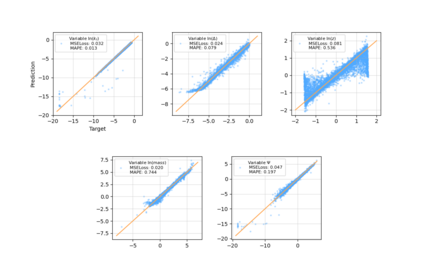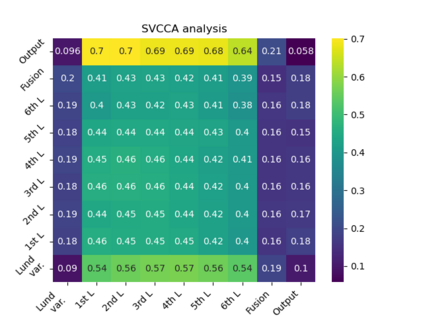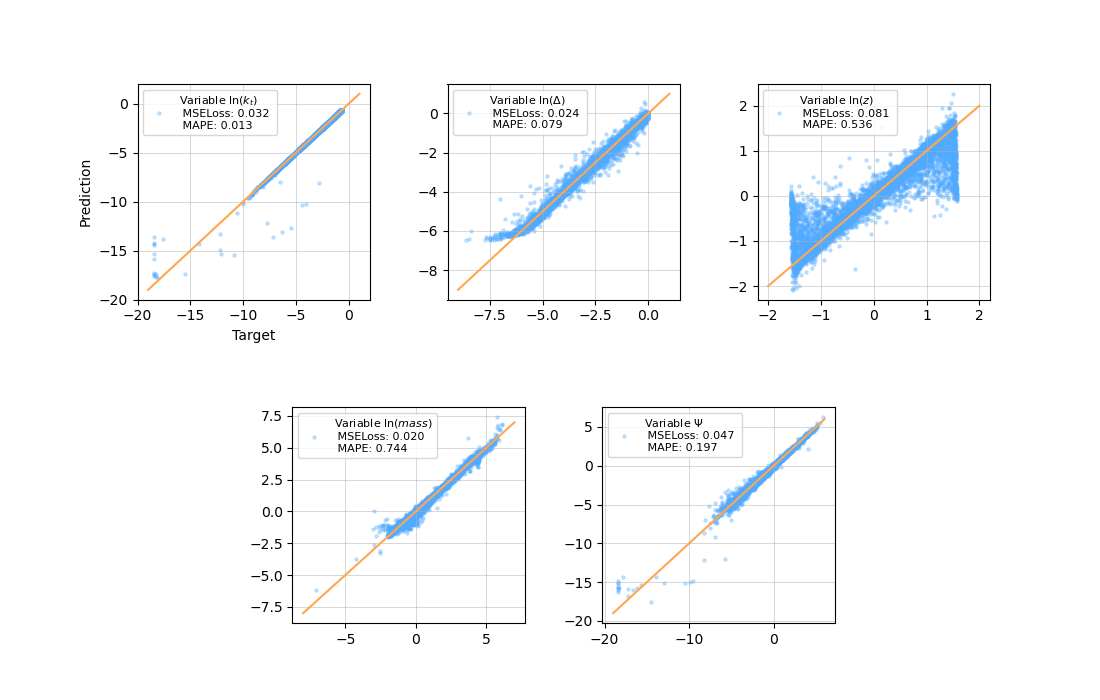Machine learning has played a pivotal role in advancing physics, with deep learning notably contributing to solving complex classification problems such as jet tagging in the field of jet physics. In this experiment, we aim to harness the full potential of neural networks while acknowledging that, at times, we may lose sight of the underlying physics governing these models. Nevertheless, we demonstrate that we can achieve remarkable results obscuring physics knowledge and relying completely on the model's outcome. We introduce JetLOV, a composite comprising two models: a straightforward multilayer perceptron (MLP) and the well-established LundNet. Our study reveals that we can attain comparable jet tagging performance without relying on the pre-computed LundNet variables. Instead, we allow the network to autonomously learn an entirely new set of variables, devoid of a priori knowledge of the underlying physics. These findings hold promise, particularly in addressing the issue of model dependence, which can be mitigated through generalization and training on diverse data sets.
翻译:暂无翻译







